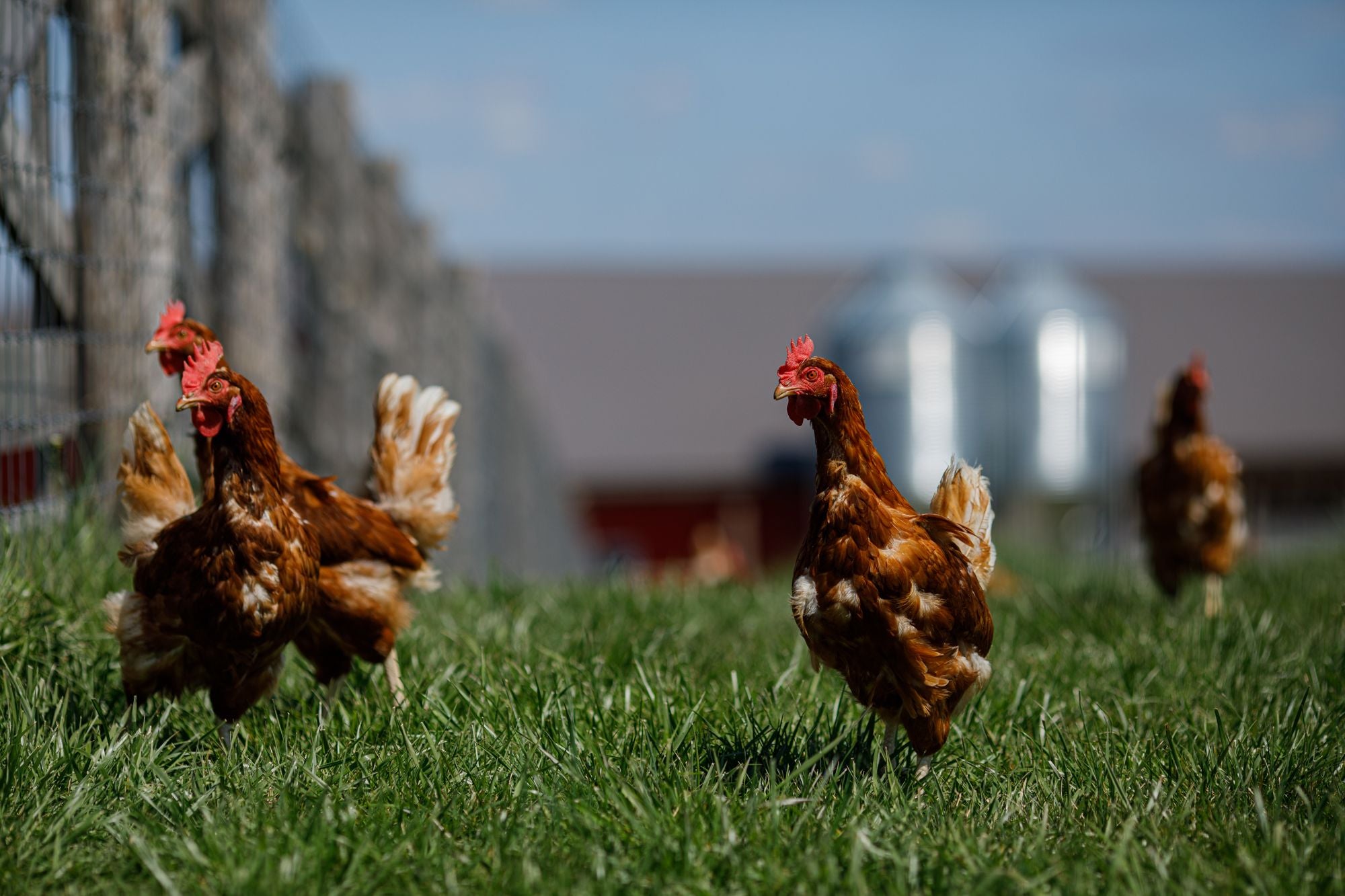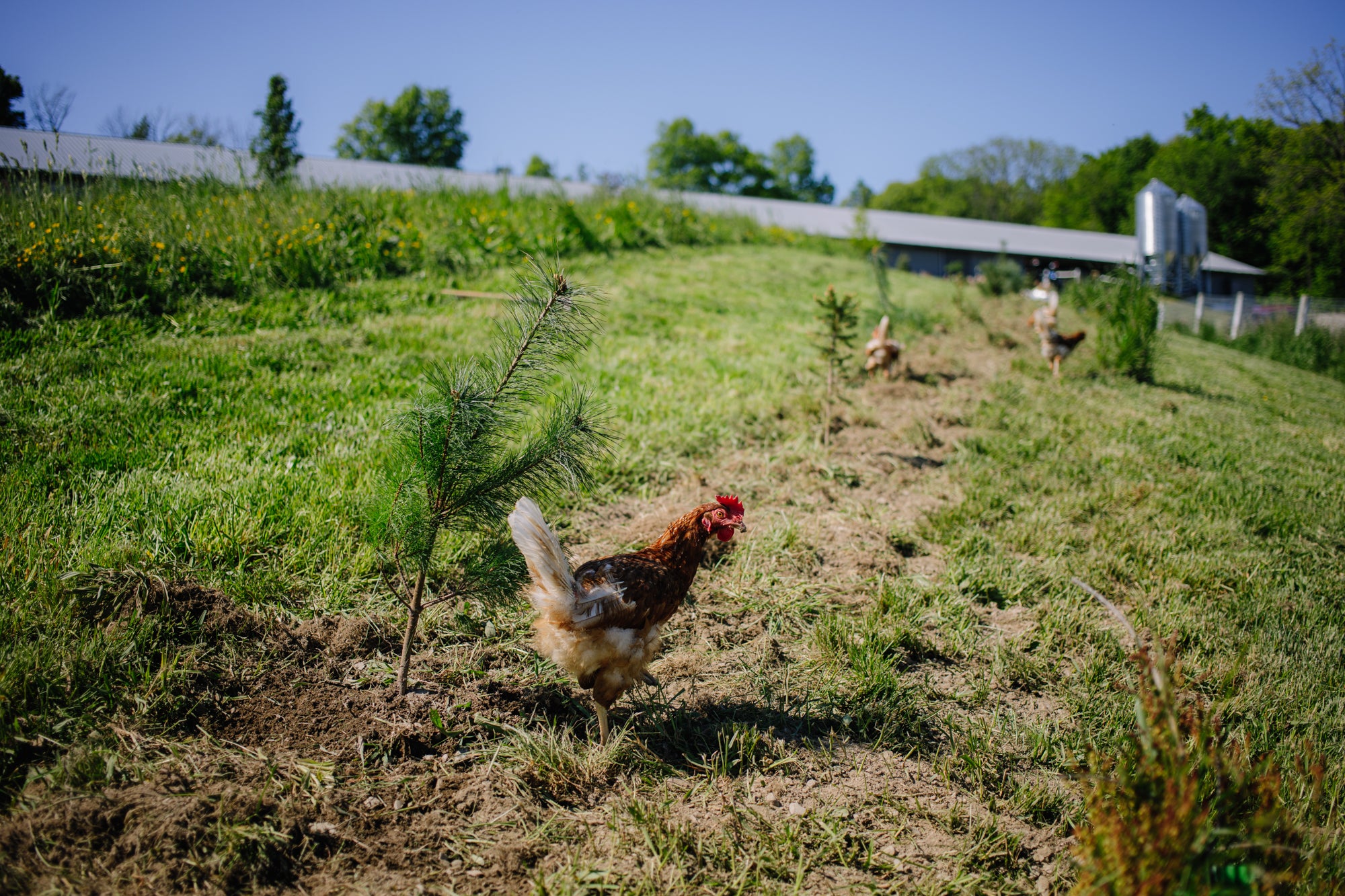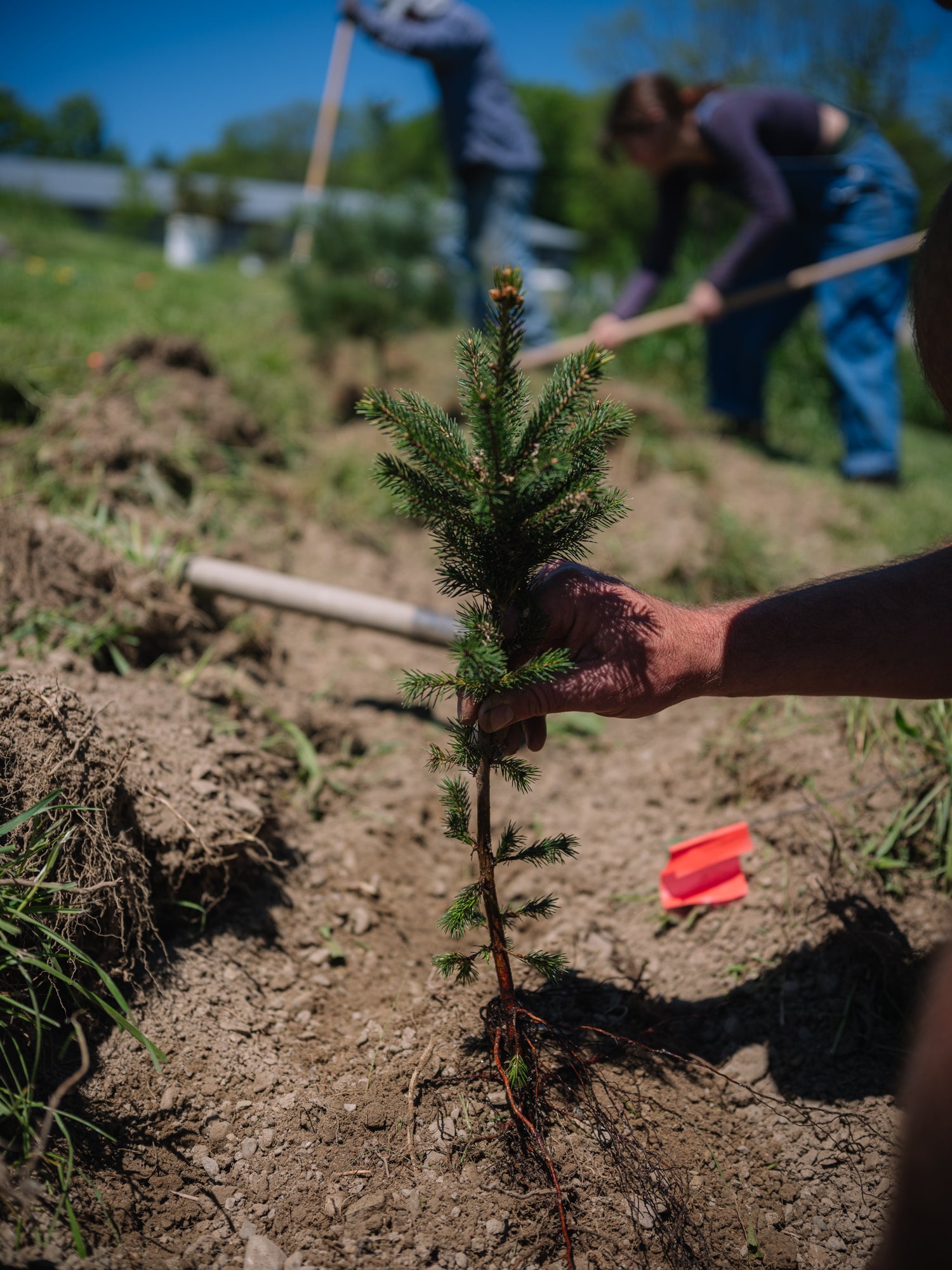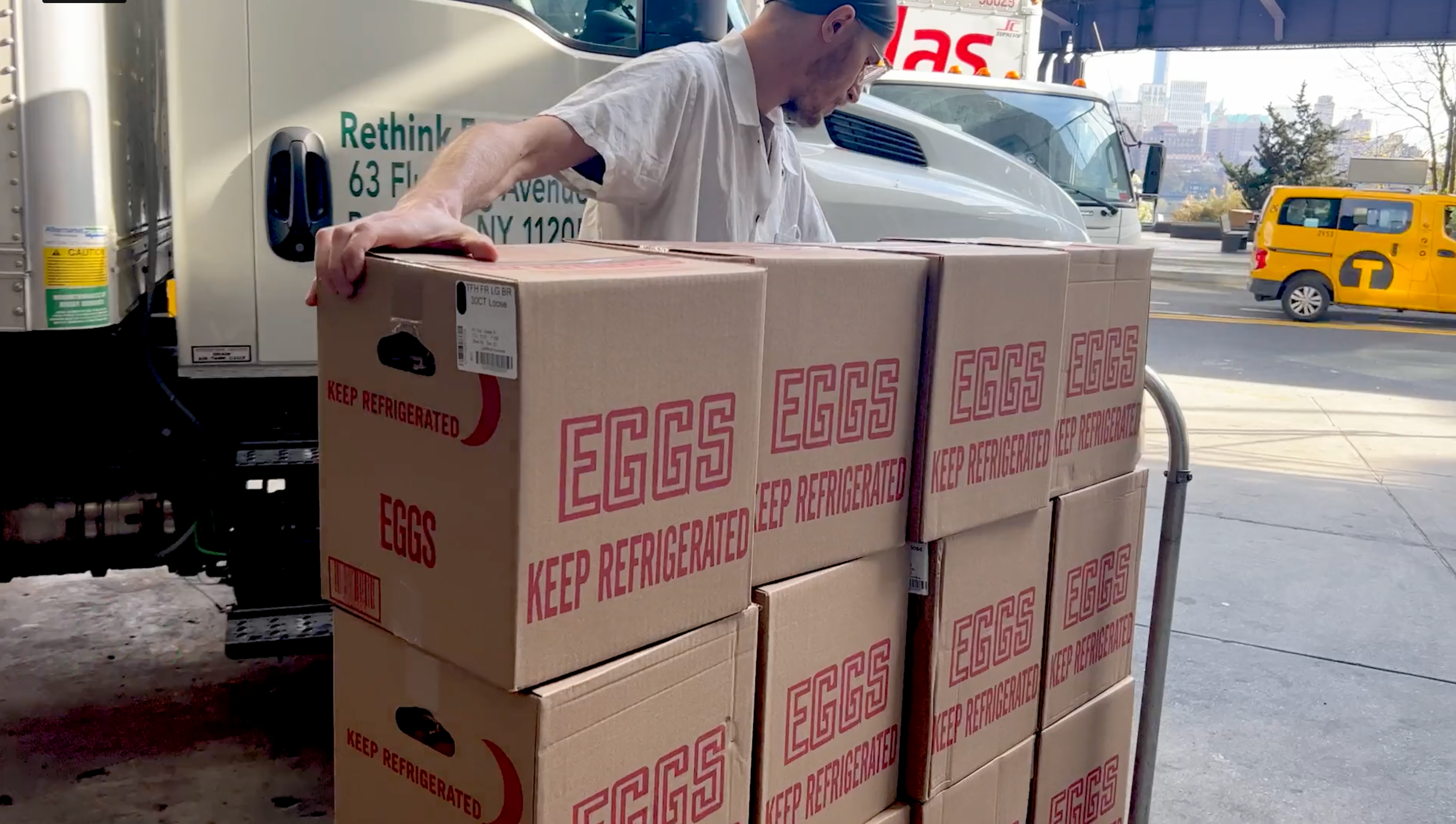Let’s learn about “humane” labels

Understanding the nuances of humane certifications is crucial in making informed decisions about the eggs you choose. We've previously delved into the complexities of Organic Certification and its limitations. Now, let's unravel the term "humane," often prominently featured on egg cartons, and explore its varying industry definitions.
Firstly, it's important to note that, similar to other farming criteria, relying solely on one label doesn't provide a comprehensive understanding of what happens behind the scenes. Investigating the eligibility requirements for different certifications and the accompanying labels is key. Here's a high-level overview of some top animal-welfare certifications:
Animal Welfare Approved
- Demands a degree of outdoor access (4 square feet per hen).
- Prohibits cages.
- Mandates environmental enrichments, natural light, and continuous daytime ranging and foraging access.
- Considered a premium option, though it doesn't require an extensive amount of personal outdoor space for each hen.
Certified Humane Raised and Handled (HFAC)
- Similar to Animal Welfare Approved.
- Requires 1.5 square feet per hen.
- Outdoor access/natural light are only required for free-range/pasture-raised certifications.
- The certification can be Cage-Free, Free-Range, or Pasture-Raised, and additional labels (cage-free, free-range, pasture-raised) provide insights into the hens' daily lives.
Global Animal Partnership (GAP, steps 1-5)
- Consists of five "steps" with varying requirements.
- Prohibits cages, with different steps mandating different levels of outdoor access.
- It's crucial to understand the specific step a producer is citing to meet expectations.
American Humane Certified
- Includes three categories: cage-free, free-range, and pasture-raised.
- Different minimums and standards apply to each category.
- For example, pasture-raised certification ensures each hen has ample space (at least 108.9 square feet), daytime outdoor access, and nights spent safely in the barn.
While this may seem overwhelming, delving into humane certifications provides insight into the lives of the hens behind your eggs. The key takeaway is that the certification title alone is a starting point, but it's crucial to investigate further. Understanding the nuances around space requirements and outdoor access is essential for gaining a clearer picture of the origins of your food. Don't forget to consider other labels that play a significant role in this process.
** In June 2018, Handsome Brook Farm announced that it was working with Humane Farm Animal Care to complete the additional certification of Certified Humane for pasture-raised eggs. Our pasture-raised eggs are already certified by the American Humane Association.



